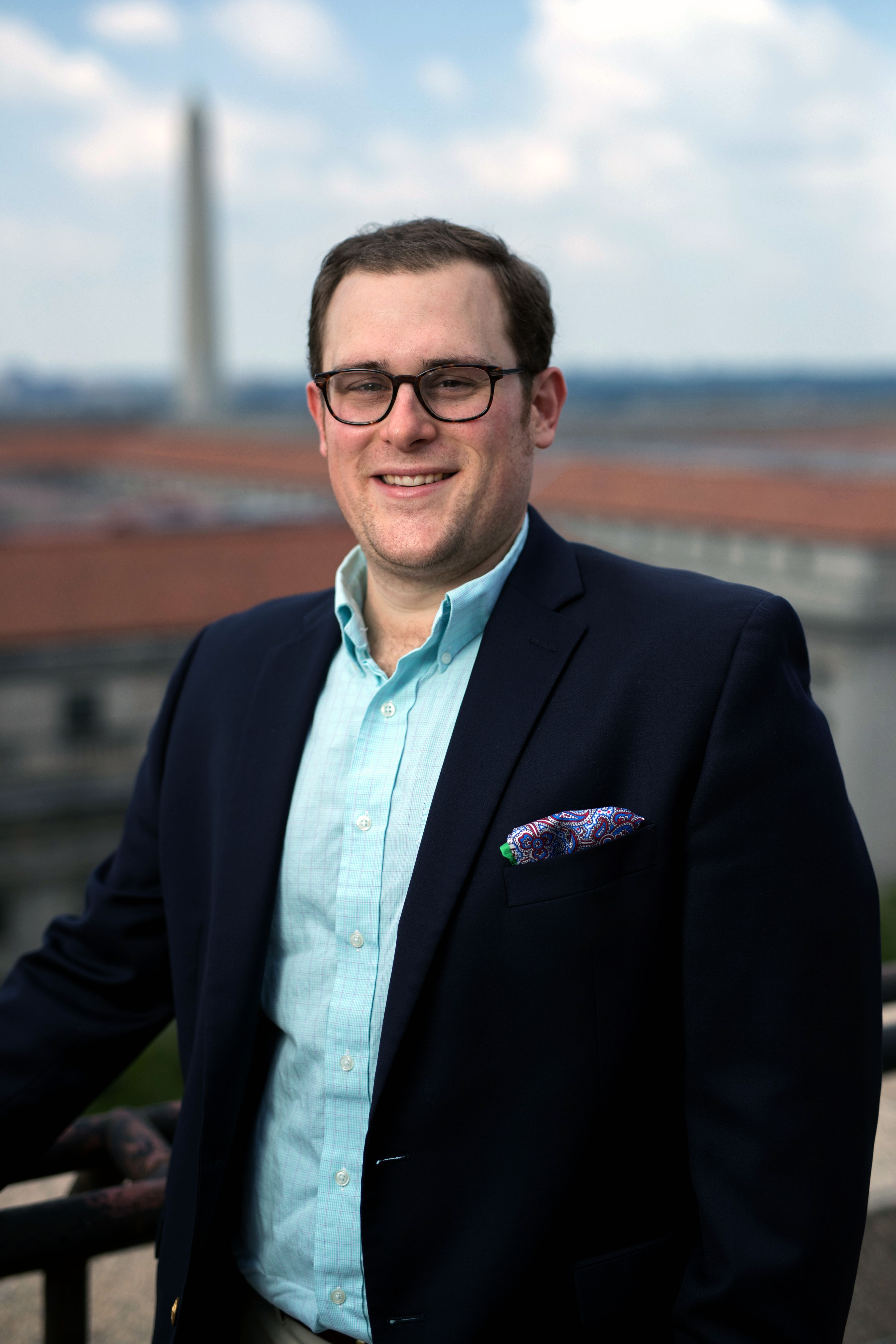Article
Flu Shots for Children Linked to Less Sick Leave for Adults
Author(s):
Study finds having a vaccinated child in the household was associated with 21% lower prevalence of sick leave usage by household adults.

William K. Bleser, PhD, MSPH
Vaccinating children against influenza may lead to adults in the household taking less sick leave from their jobs, according to a study that considered more than 24,000 US workers.
The association between child vaccination and adult sick days held true only for people whose jobs provided paid time off for illness. Workers without paid sick leave were less likely to stay home when they or their child were sick, the investigators found.
“Having a vaccinated child in the household, compared to having an unvaccinated household child, was associated with a 21% lower prevalence of sick leave usage for adults in the same house—but only when the adults had paid sick leave, William K. Bleser, PhD, MSPH, research associate at the Duke-Robert J. Margolis, MD, Center for Health Policy, told MD Magazine®. “It was not significant for adults without paid sick leave.”
Bleser added that the finding document a new potential indirect benefit of child flu vaccine to other adults in the house.
The study also indicates the importance of paid sick leave in caring for children and in preventing working adults from bringing their illness into the workplace, Bleser and colleagues from Pennsylvania State University and the Johns Hopkins University wrote in American Journal of Preventive Medicine.
“The failure of federal policy to ensure paid sick leave nationally and the absence of state or local policy likely contributes to propagating influenza and health inequities,” Bleser said. “Other studies show that socially disadvantaged populations have higher flu risks, and that those without paid sick leave are more likely to go to work when sick with the flu.”
Studies also show that children are at an increased risk for severe influenza, and that they significantly contribute to its transmission in the household and subsequent parental work loss.
Even so, the association between childhood influenza vaccination and work loss prevention has rarely been studied, the authors noted.
To investigate, the team reviewed 3 years of pooled data from 2013 to 2015 in the National Health Interview Survey (NHIS). In the NHIS, run by the US Centers for Disease Control and Prevention (CDC), an adult in the household provides health information and answers questions about a child in the household who is under age 18.
The survey considered 24,314 working adults with children who completed the survey’s questions, including information on the child’s influenza vaccination.
The investigators found that the average annual work-loss days were 4.07 for adults with unvaccinated children versus 3.29 days lost for those with vaccinated children—a difference of .78 days per year.
Asked how the investigators could draw the link between sick days and childhood flu shots, Bleser noted that the association is seen across multiple years of data.
“It is independent of a wide variety of other important factors that could explain this relationship—including whether the adult was vaccinated against the flu, the adults’ type of job and income, education, family size, and general health, among others.”
However, he pointed out that the study can’t make causal claims.
“The available nationally representative data linking child influenza vaccination to adult sick leave is from a cross-sectional survey,” Bleser noted. “It looks at a random sample of Americans each year and does not allow for researchers to look at the same Americans over time in longitudinal analyses.”
Bleser suggested that future research examine data in the same individuals over time, especially before and after changes in state or local paid sick leave policy. This would allow for a better assessment of cause and effect.
In the meantime, the study reinforces important messages.
First, it shows the value of the flu vaccine, where uptake has proved sub-optimal.
“There are a lot of complicated socio-cultural reasons for this, but 1 argument that I believe is under-utilized is making the argument to protect one’s loved ones,” Bleser said.
“Our study helps to build this ‘indirect benefit’ argument—in this case, vaccinating children not only protects the vulnerable child, but may prevent other household adults from having to use sick leave,” he said.
The study also shows the importance of paid sick leave, which is limited to a few states and local governments and not a federal policy.
“The implication from this study is that the failure of federal policy to ensure paid sick leave nationally and the absence of state or local policy likely contribute to propagating influenza and health inequities,” Bleser said.
He noted that estimates show influenza in the US results in $126 billion in economic burden, including $23.8 billion in lost earnings.
“Having paid sick leave may be necessary to capture any positive economic/workforce benefit to adults of getting their household children vaccinated,” Bleser said.
The study, titled, “Child Influenza Vaccination and Adult Work Loss: Reduced Sick Leave Use Only in Adults With Paid Sick Leave,” was published in The Journal of the American College of Preventive Medicine and association for Prevention Teaching and Research.





